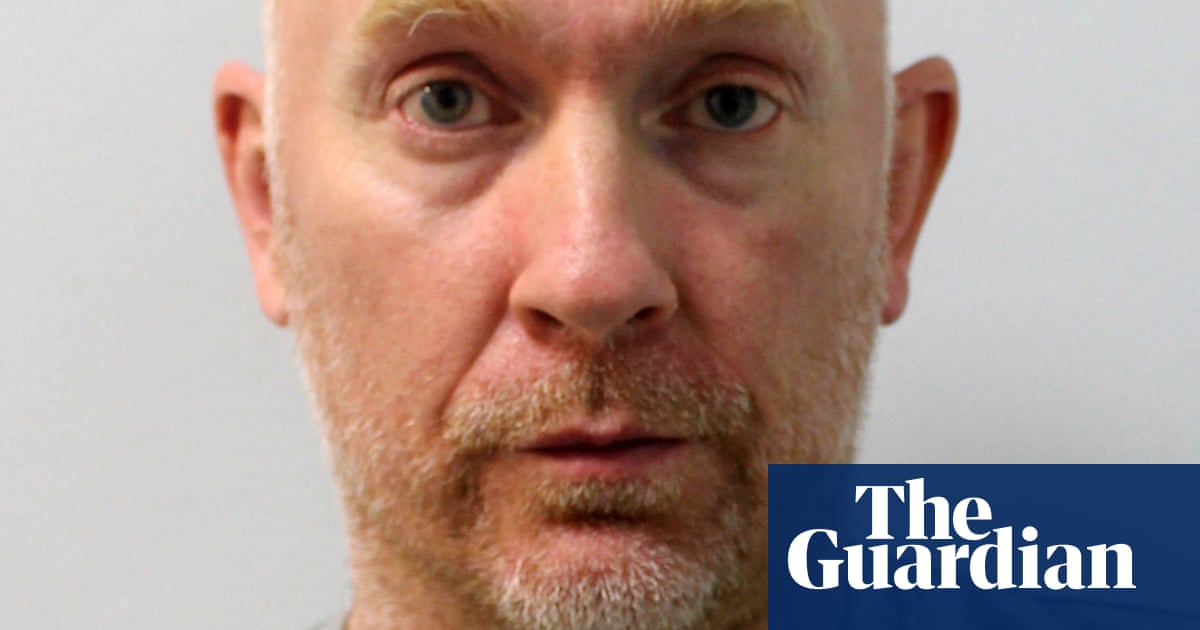
Security forces had a “real prospect” of preventing the 1998 Omagh bombing – the deadliest atrocity of the Northern Ireland Troubles – a Belfast high court has ruled.
Mr Justice Horner recommended on Friday that the British and Irish governments each undertake human rights compliant investigations into the bombing, which killed 29 people, including a woman pregnant with twins, and injured 220 people.
The Real IRA, a dissident republican group, detonated the car bomb in the County Tyrone town on 15 August 1998, four months after the Good Friday agreement supposedly drew a line under the Troubles. No one has been convicted for the crime.
Horner made the ruling in response to a judicial review brought by Michael Gallagher, whose son Aiden was one of the victims.
On 4 August, 11 days before the bomb, an anonymous warning to the Royal Ulster Constabulary warned of an “unspecified” attack on police in Omagh on 15 August.
A previous police ombudsman investigation found that the RUC’s special branch had taken limited action and had not sent a threat warning to the sub-divisional commander in Omagh.
Horner told the high court: “I am satisfied that certain grounds when considered separately or together give rise to plausible allegations that there was a real prospect of preventing the Omagh bombing. These grounds involve, inter alia, the consideration of terrorist activity on both sides of the border by prominent dissident terrorist republicans leading up to the Omagh bomb.”
The judge said the threshold for an investigation under article 2 of the European convention on human rights had been reached. “Any investigation will have to look specifically at the issue of whether a more proactive campaign of disruption, especially if co-ordinated north and south of the border, had a real prospect of preventing the Omagh bombing.”
The judge did not order the investigation to take the form of a public inquiry, saying he did not want to be “prescriptive”. He said he could not compel authorities in the Republic of Ireland to act but expressed hope they would do so.
The Northern Ireland secretary of state, Brandon Lewis, paid tribute to the patience and grace of victims’ families and said the UK government would consider the ruling.
Relatives of the victims sought the judicial review in 2013 after the then Northern Ireland secretary, Theresa Villiers, declined to order a public inquiry.
Gallagher, whose son Aiden was 21 when he was killed, said the court’s ruling 23 years after the atrocity vindicated the families’ desire for a public inquiry.
Speaking outside the court he said: “For a very long time there’s been no doubt in my mind that Omagh was a preventable atrocity, but nobody wanted to hear that message, not the Irish government, not the British government, but now we have an independent person who has said it.”
Horner read only the conclusion of his judgment to court and said he could not read the full open judgment detailing his reasoning because the person responsible for checking the document for sensitive material was self-isolating with Covid-19.
A British government plan to end prosecutions for killings during the Troubles has angered victims’ relatives and Northern Irish political parties. However, those responsible for the Omagh bomb could still be prosecuted if the amnesty excludes killings after the Good Friday agreement.












